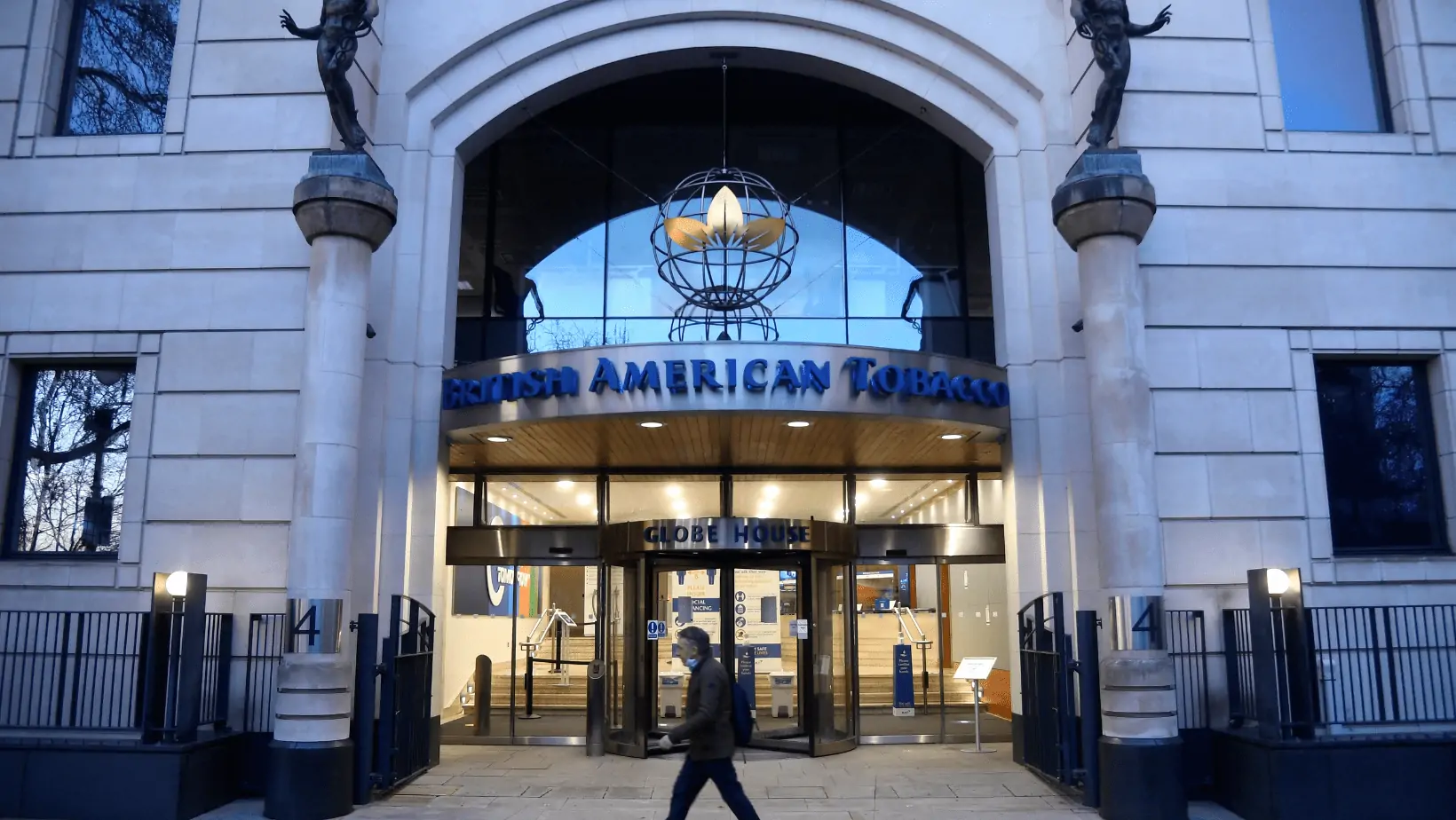
British American Tobacco p.l.c. (BAT) recently announced the commencement of its share buy-back program, a strategic move aimed at enhancing shareholder value and optimizing its capital structure. This move comes as part of BAT’s ongoing efforts to drive sustainable growth and deliver long-term value to its shareholders.
Overview of the Share Buy-Back Program
BAT’s share buy-back program involves the repurchase of its own ordinary shares using proceeds from the sale of 436,851,457 ordinary shares in ITC Limited. The company has allocated £1.60 billion for the buy-back, with £700 million earmarked for 2024 and the remaining £900 million for 2025. This initiative is set to begin on 18 March 2024 and will conclude by 31 December 2025.
The primary objective of the program is to reduce BAT’s issued share capital, thereby enhancing earnings per share (EPS) and return on equity (ROE) for its shareholders. By buying back shares, BAT aims to signal confidence in its financial position and strategic direction, potentially leading to an increase in shareholder value over time.
Mechanics of the Share Buy-Back
BAT has entered into an agreement with UBS AG London Branch to facilitate the purchase of ordinary shares. Under this arrangement, UBS will act as the principal purchaser of BAT’s shares, and BAT will subsequently buy back these shares from UBS in accordance with the terms of the engagement.
The number of ordinary shares that BAT is authorized to repurchase, as per shareholder approval at the 2023 AGM, is 223,590,721 shares. It’s important to note that the buy-back will be executed on Recognised Investment Exchanges within the UK, excluding any repurchases of American Depositary Receipts (ADRs).
Impact on Financial Metrics
The share buy-back program is expected to have a positive impact on BAT’s financial metrics. By reducing the number of outstanding shares, the company can potentially boost its EPS, making each share more valuable to existing shareholders. This, in turn, could lead to an increase in the company’s stock price, benefiting shareholders and potentially attracting new investors.
Additionally, a reduction in the share count can improve BAT’s ROE, a key metric that measures the profitability of a company relative to its shareholders’ equity. A higher ROE is generally viewed favorably by investors as it indicates efficient utilization of shareholder funds to generate profits.
Illustrating the Impact: EPS and ROE Analysis
To illustrate the potential impact of the share buy-back program on EPS and ROE, let’s consider a hypothetical scenario:
Assuming BAT’s current earnings stand at £2 billion and the company has 1 billion outstanding shares, its EPS would be £2 per share (£2 billion / 1 billion shares). Now, if BAT buys back 100 million shares through the program, reducing its outstanding shares to 900 million, the new EPS would be £2.22 per share (£2 billion / 900 million shares).
This demonstrates how reducing the share count can lead to an increase in EPS, benefiting shareholders by enhancing the earnings attributable to each share. Similarly, the impact on ROE can be analyzed by comparing the company’s net income to its average shareholders’ equity before and after the buy-back.
Considerations and Investor Sentiment
While share buy-backs can have positive implications for shareholders, it’s important to consider various factors and investor sentiment. Some investors may view buy-backs as a signal of confidence from the company’s management and a commitment to returning value to shareholders. On the other hand, critics may argue that buy-backs could be a sign of limited growth opportunities or a lack of investment in future growth initiatives.
Investor sentiment plays a crucial role in determining how the market reacts to share buy-back programs. Positive sentiment can drive demand for the company’s stock, potentially leading to an increase in share price. Conversely, negative sentiment or skepticism about the rationale behind the buy-back may result in a muted market response.
Conclusion
BAT’s launch of its share buy-back program reflects the company’s strategic focus on optimizing capital allocation and enhancing shareholder value. By repurchasing its own shares, BAT aims to improve key financial metrics such as EPS and ROE, signaling confidence in its financial position and growth prospects. Investors will closely monitor the execution and impact of the program, evaluating its implications on BAT’s stock performance and overall shareholder returns.
This website uses cookies.